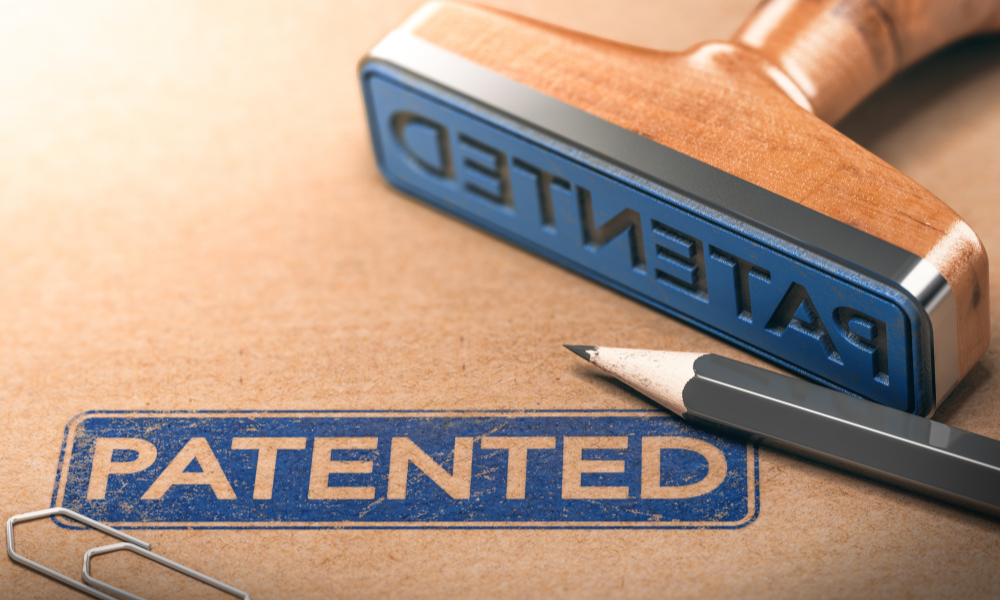
The respondent knew of the patent issues in the initial case but chose not to litigate them

The Court of Appeal has ruled that Sealegs, a manufacturer of amphibious boats, abused the court’s process by asserting a patent infringement claim against competing manufacturers Orion and Smuggler.
The court’s decision follows Sealegs' 2016 copyright infringement lawsuit, in which it chose not to include a patent claim, despite initially signalling its intent to do so.
Sealegs’s initial lawsuit claimed that Orion’s amphibious systems, installed on Smuggler’s boats, violated its copyright. The high court granted Sealegs an interim injunction, preventing Orion and Smuggler from selling these systems pending trial. At that time, Sealegs did not pursue a patent claim, despite being given an opportunity to amend its pleadings. The high court later ruled in favour of Sealegs, finding copyright infringement, but the appeal court overturned that decision.
Orion and Smuggler sought damages on the undertaking given by Sealegs as part of the interim injunction. Sealegs counterclaimed, alleging patent infringement and raising the same argument as a defence to avoid damages. The appellants applied to strike out Sealegs’ patent counterclaim and defences, arguing that it amounted to an abuse of process, which prevents parties from raising claims that could and should have been included in earlier proceedings.
The court declined to strike out the patent claim, finding it was not clearly abandoned or misleading and that the case did not involve bad faith. However, the court disagreed, emphasizing that Sealegs’ current patent claims related to the same parties, products, and underlying actions as the initial copyright case. The court noted that pursuing a new claim years later subjected the appellants to unnecessary litigation and wasted judicial resources.
The Court of Appeal highlighted that Sealegs originally intended to include a patent claim but later abandoned this without adequately involving the appellants or the court. It noted that Sealegs was aware of the alleged patent issues during the initial proceeding but chose not to litigate them then. Furthermore, the court ruled that failing to include the patent claim previously amounted to an oppressive use of the court’s process, imposing undue costs and stress on the appellants.
While the court upheld a portion of the counterclaim related to a new boat model introduced in 2019, it otherwise struck out Sealegs’ defences and counterclaims based on patent infringement.